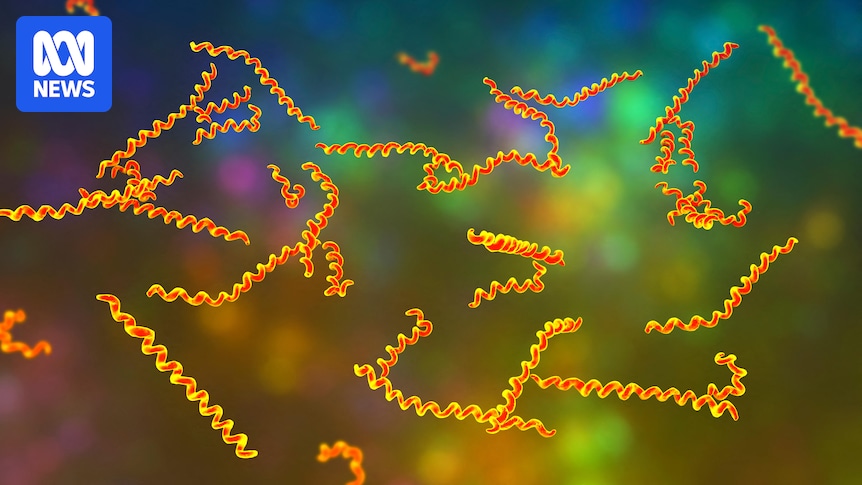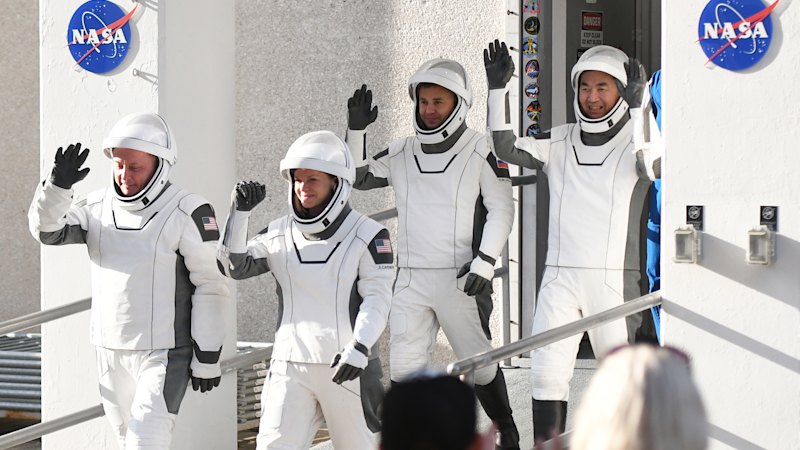
The University of Oxford, in collaboration with the Ellison Institute of Technology (EIT), has embarked on a groundbreaking vaccine research initiative, backed by a substantial £118 million in funding. This ambitious programme, known as CoI-AI (Correlates of Immunity-Artificial Intelligence), aims to revolutionize our understanding of immunity and vaccine efficacy through the integration of artificial intelligence and advanced immunology.
Led by the esteemed Oxford Vaccine Group, the initiative seeks to leverage Oxford’s renowned expertise in human challenge studies and vaccine development, combined with EIT’s cutting-edge AI technology. The primary focus is to unravel the complexities of how the human body combats infections and how vaccines can be optimized to enhance protection.
Addressing Antibiotic Resistance and Infectious Diseases
The CoI-AI programme will specifically target pathogens responsible for serious infections and antibiotic resistance, including Streptococcus pneumoniae, Staphylococcus aureus, and E. coli. These bacteria are notorious for causing widespread illness and have proven resistant to traditional vaccine approaches. By utilizing human challenge models, where volunteers are safely exposed to bacteria under controlled conditions, researchers can study immune responses in real-time.
Professor Sir Andrew Pollard, Director of the Oxford Vaccine Group, emphasized the urgency of this research:
‘This programme addresses one of the most urgent problems in infectious disease by helping us to understand immunity more deeply to develop innovative vaccines against deadly diseases that have so far evaded our attempts at prevention.’
Harnessing AI for Vaccine Innovation
Professor Daniela Ferreira, Deputy Director of the Oxford Vaccine Group, highlighted the transformative potential of this initiative:
‘This programme will give us completely new tools to study how vaccines work at both a cellular and system-wide level, by studying infections in real time, in people, and using smart immunology tools and data to find the answers.’
Larry Ellison, Chairman of the Ellison Institute of Technology, noted the synergy between AI and immunology:
‘Researchers in the CoI-AI programme will use Artificial Intelligence models developed at EIT to identify and better understand the immune responses that predict protection.’
Strategic Alliances and Future Prospects
Professor Irene Tracey, Vice-Chancellor of the University of Oxford, remarked on the strategic significance of this partnership:
‘This is a major step forward in our strategic alliance with the Ellison Institute. Together, we’re combining Oxford’s strengths in vaccine science with EIT’s bold vision to tackle some of the toughest problems in global health.’
In December 2024, Oxford and EIT announced their long-term strategic alliance, aiming to address humanity’s most pressing challenges. EIT’s approach combines cutting-edge research with commercial capabilities, fostering breakthroughs across diverse fields such as generative biology, clinical medicine, and sustainable energy.
Supported by Oracle’s substantial computing power and a world-class AI team, the initiative is poised to develop future generations of leading scientists through its Scholars programme. This collaboration represents a new frontier in vaccine science, promising faster, smarter, and more effective responses to global infectious disease outbreaks.
The Oxford Vaccine Group, part of the University of Oxford’s Medical Sciences Division, continues to spearhead vaccine research, striving to turn scientific challenges into tangible solutions. As the CoI-AI programme progresses, it holds the potential to redefine vaccine development and significantly mitigate the threat of antibiotic resistance worldwide.







